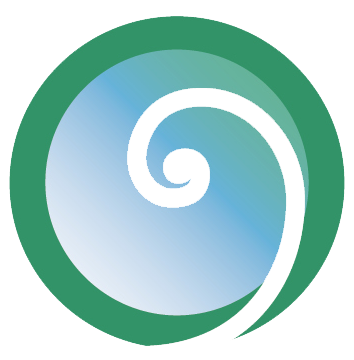I continue to be amazed and a little overwhelmed by all the online opportunities to practice somatics (Alexander Technique, Feldenkrais, Bodymind Centering), movement (qigong, yoga, self-massage), and meditation. The pandemic has made it possible to study with the world's leading experts in all these fields, as well as to join with others in networking for social change and justice actions.
This brings up FOMO -- Fear Of Missing Out -- which is not something I thought I suffered from, until I found myself saying no to a multitude of great events, retreats, and workshops. I have to say no, because there is no way anyone can participate in everything. Everyone has noticed a drop-off in participation for online programs generally, so I know you all are becoming more discerning too, and choosing not to grab every chance that presents itself. This is wise. We can trust our deepest intuition to guide us toward what we need.
This takes practice, however. As modern consumers we have been programmed to react from a "Black Friday" mentality -- get it before it's gone. A lot of times we buy on impulse because of this, not from a sense of true need. So I find that a 3-step process can assist in helping to discern whether I'm following an authentic urge or a conditioned, habitual reaction: Pause, Check In, and Sense.
Pause when you feel the impulse to sign up for an online program (or other purchase), and ask yourself, "does this support the life I am trying to create?" If the answer is Yes or Probably, follow that gut instinct and sign up!
But the answer rarely comes so quickly. Check in: question whether your thoughts around the impulse are accurate, by asking "is it so?" Expand your idea of what "support" means for you. I might need to take a bookkeeping class, for instance, which is decidedly not my first go-to experience for fun and pleasure. But it would support me and the work I am here to do. Or you might need to give up something in order to follow the impulse to join a class or event - so check in: are you willing to make a temporary sacrifice in exchange for honoring what you need? Perhaps the thought of even more time on Zoom makes you wither a little inside. Take a breath, and ask whether the delivery platform can be tolerated in order to learn and grow in the ways you desire. Question your thinking. This is not the same as second-guessing yourself, but honestly wondering if your thoughts are valid or merely habitual.
Then be interested in the answer -- and receive it in your body. Sense physically how the answer "lands" and trust those sensations. Does it feel like energy and opening? Do you get a heavy, constricted feeling? When we say "trust your gut" we are pointing to the felt sense of authentic connection with our true selves. Learn your body's communication patterns, and believe the sensory messages when they arrive.
Trusting ourselves requires a shift in attitude and perspective, as Thich Nhat Hanh points out: "In order for things to reveal themselves to us, we need to be ready to abandon our views about them." Trusting our impulses requires some skepticism as well as some faith. Learn to practice the Pause, the Check-in, and the Felt Sense in your body. If your inner Magic 8 Ball says "all signs point to yes," do not hesitate -- give yourself what you need.


